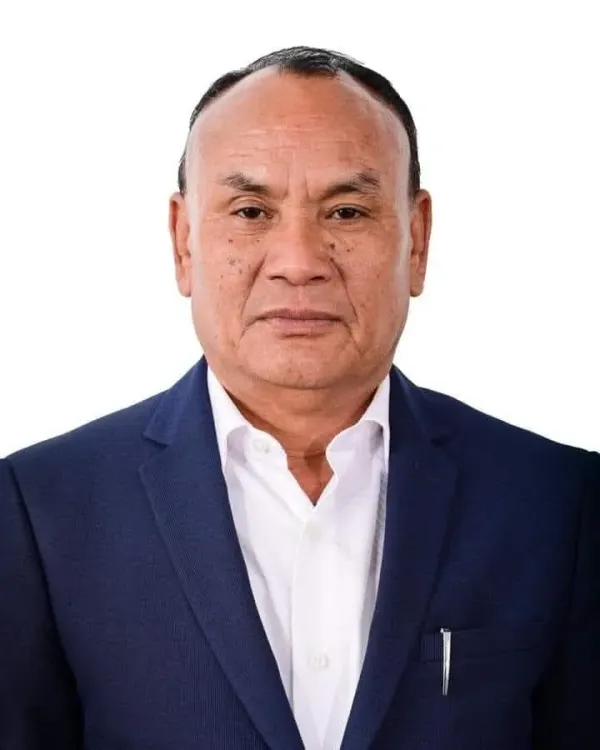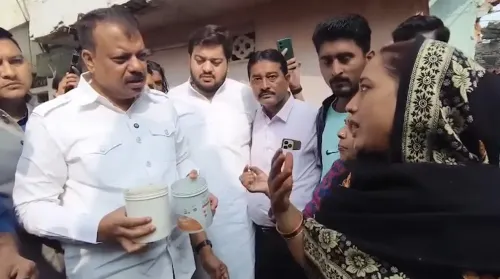Has Sikkim Become a Leader in Sustainable Fisheries?

Synopsis
Key Takeaways
- Sikkim's fish production has reached 953 metric tonnes this year.
- Recognition as India's First Organic Fish Cluster reflects commitment to sustainability.
- Farmers benefit from significant financial and technical support.
- Innovative technologies are reshaping the fisheries landscape.
- Focus on eco-friendly practices ensures long-term biodiversity.
Gangtok, July 10 (NationPress) Sikkim Fisheries Minister Puran Kumar Gurung proclaimed on Thursday that the hilly state has emerged as a pioneering hub for sustainable fisheries in India, effectively setting a benchmark for others to emulate.
Minister Gurung expressed, "The recognition of Sikkim as India's First Organic Fish Cluster - initially declared on January 6, 2024, in Guwahati, and later enthusiastically reiterated by Prime Minister Narendra Modi during the Golden Jubilee of Sikkim's Statehood - is a significant milestone. This achievement is a proud testament to our collective dedication, progressive strategies, and most importantly, the relentless efforts of our people. It represents not just an accolade, but a commitment to our environment and consumers for wholesome, organic products."
The minister continued, "Our Department has made remarkable progress, and I am thrilled to announce some of our notable accomplishments: our fish production has soared to an impressive 953 metric tonnes (MT) this year, highlighting the success of our collaborative initiatives and the potential of our natural resources."
"Our farmers are reaping the rewards from robust state and central schemes such as the Pradhan Mantri Matsya Sampada Yojana (PMMSY) and the Mukhya Mantri Matsya Utpadan Yojana (MMMUY), which provide essential financial and technical assistance," he added.
Minister Gurung remarked, "We have successfully integrated innovative technologies, including modern trout raceways, effective live vending centres, and well-structured domestic fish markets, enhancing both production and market access for our farmers. To promote transparency and accessibility, we have fully adopted digital systems for scheme applications, No Objection Certificates (NOCs), and licensing."
He argued that this approach simplifies processes, diminishes bureaucratic obstacles, and makes services readily available to everyone. The state administration has been proactively promoting value-added fish products, which not only boost profitability for our farmers but also meet diverse consumer needs.
"At the same time, we are fortifying market linkages to ensure our produce reaches broader markets efficiently, securing better prices for our farmers. Our commitment also includes fostering eco-friendly aquaculture practices that safeguard the long-term health of our aquatic ecosystems and preserve Sikkim's rich biodiversity. We believe in growth that aligns with nature," the minister stated.
He further asserted, "We are consistently investing in skill development and training programs to equip our fish farmers with the latest techniques, best practices, and knowledge, ensuring their competitiveness and adaptability to new challenges."
Minister Gurung concluded, "We are steadfast in our dedication to collaborate closely with all stakeholders – our committed farmers, scientific experts, and local communities to ensure improved incomes, sustainable practices, and a flourishing fisheries ecosystem that significantly contributes to Sikkim's economic prosperity and the welfare of its people.” Gurung also sent his best wishes to the farmers of the state on the occasion of National Fish Farmers Day.










